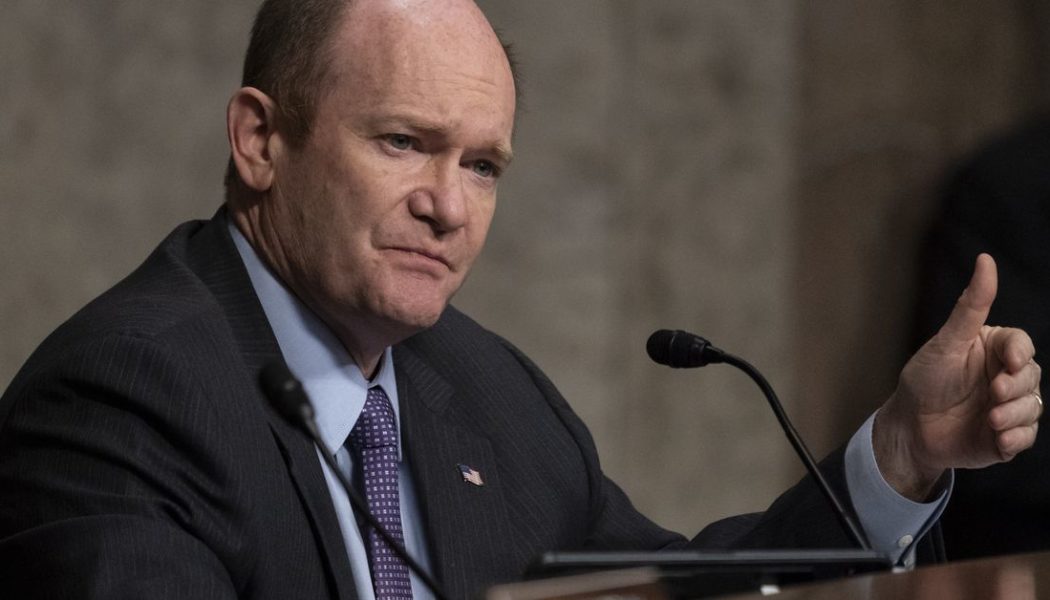
A bipartisan group of US senators have announced a new bill that would require social media companies to share platform data with independent researchers.
The bill was announced Thursday by Democratic senators Chris Coons (D-DE), Amy Klobuchar (D-MN), and also Rob Portman (R-OH), a Republican. Named the Platform Accountability and Transparency Act (PATA), it would establish new rules compelling social media platforms to share data with “qualified researchers,” defined as university-affiliated researchers pursuing projects that have been approved by the National Science Foundation (NSF).
Under the terms of the bill, platforms would be bound to comply with requests for data once research was approved by the NSF. Failing to provide data to a qualifying project would result in the platform losing the immunities provided by Section 230 of the Communications Decency Act.
“The PATA act is a truly comprehensive platform transparency proposal,” said Laura Edelson, a PhD candidate at NYU Tandon School of Engineering and lead researcher at NYU’s Cybersecurity for Democracy project, in an email to The Verge. “If passed this legislation would provide a real pathway for researchers to better understand online harms and start coming up with solutions.”
Earlier this year, Edelson and other researchers at the NYU Ad Observatory project were banned from Facebook after the platform alleged that their research violated terms of service.
The PATA bill is the latest in a long line of proposed legislation aimed at peering into the black box of social media algorithms. The 2019 Filter Bubble Transparency Act took a swing at algorithmic content distribution, theoretically mandating that users be allowed to opt out of news feed and search personalization. In 2020, another bipartisan bill, the Platform Accountability and Consumer Transparency (PACT) Act, also proposed amendments to Section 230 as a means to hold platforms more accountable for content moderation decisions.
While neither of those bills passed, the latest bill comes in a moment when social media companies in general, and Facebook in particular, come under increased scrutiny in the wake of testimony from whistleblower Frances Haugen.
While documents leaked by Haugen revealed extensive details about the inner workings of the company, some of the most damaging material was research showing that Facebook’s products could be harmful to children and teens.
Earlier this week, Instagram head Adam Mosseri appeared before a Senate Commerce subcommittee to answer questions about whether the photo-sharing app was harmful to the mental health of young users. At that hearing, senators from both sides of the aisle expressed deep frustration at a perceived lack of action on longstanding safety issues from Instagram and its parent company, Meta.
“Some of the big tech companies have said ‘Trust us’,” said Sen. Richard Blumenthal (D-CT) to Mosseri per NPR reporting. “That seems to be what Instagram is saying in your testimony but self-policing depends on trust. The trust is gone.”









